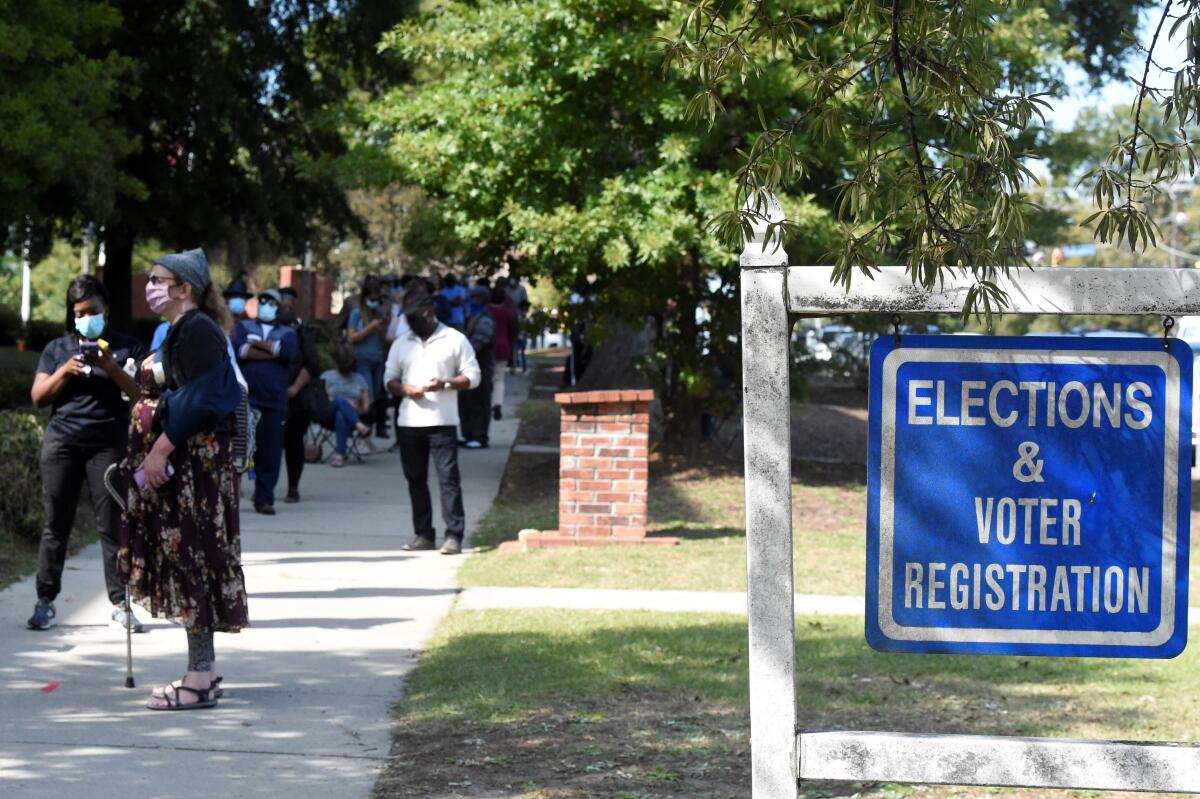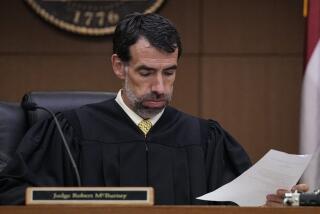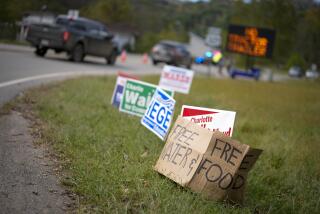Supreme Court reinstates South Carolina ballot witness requirement

WASHINGTON — The Supreme Court on Monday reinstated a requirement that South Carolina residents voting by mail in November’s election get a witness to sign their ballots.
Democrats had sought to have the requirement put on hold because of the coronavirus pandemic, but Republicans had defended it as deterring fraud.
While the high court reinstated the requirement as a lawsuit over it proceeds, voters have already started returning ballots. More than 200,000 absentee ballots have been mailed and 18,000 returned, according to the state’s election commission.
The court said that any ballots cast before the court’s action Monday evening “and received within two days of this order may not be rejected for failing to comply with the witness requirement.”
State Republican Party Chairman Drew McKissick cheered the decision. “Despite the Democrats’ efforts to hijack a pandemic and use it to meddle with our election laws, they’ve lost,” he said in a statement. “We’re pleased the Supreme Court reinstated the witness signature requirement and recognized its importance in helping to prevent election fraud.”
South Carolina has had a witness requirement for absentee voters since 1953. Under the current law, voters returning mail-in ballots swear an oath printed on the return envelope that confirms they are eligible to vote and that the ballot inside is theirs, among other things. The oath has to be witnessed by one other person who has to sign below the voter’s signature and write their address.
Pointing to the coronavirus pandemic, state and national Democratic Party organizations and several individual voters challenged the requirement and other parts of state election law. And a judge blocked the witness requirement before the state’s primary in June.
After the primary, state lawmakers made changes to the state’s election law, including allowing all residents to vote absentee in November. But they left the witness requirement in place.
U.S. District Court Judge J. Michelle Childs, an appointee of President Obama, late last month put the witness requirement on hold for the presidential election. She wrote that it could increase the risk of some voters of contracting the virus and require other voters already infected with the virus to risk exposing witnesses.
A three-judge panel of the U.S. Court of Appeals for the 4th Circuit reinstated the requirement before the full appeals court reversed course and put it on hold again.
Approximately a dozen states require mail-in ballot envelopes to be signed by one or more witnesses or a notary.
More to Read
Get the L.A. Times Politics newsletter
Deeply reported insights into legislation, politics and policy from Sacramento, Washington and beyond. In your inbox three times per week.
You may occasionally receive promotional content from the Los Angeles Times.










